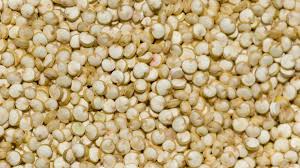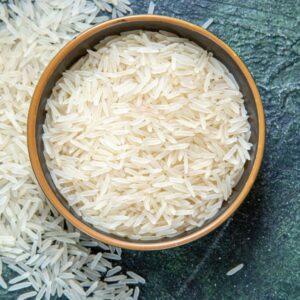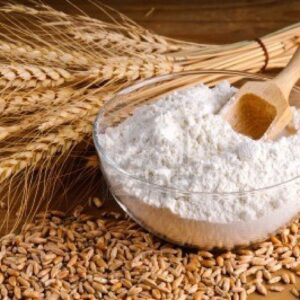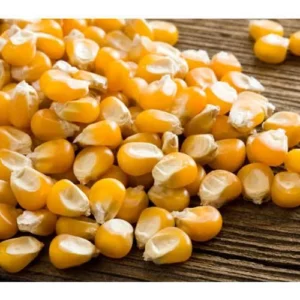Description
Soya chunks, also known as textured vegetable protein (TVP) or soy meat, are a plant-based protein made from defatted soy flour. They are a popular meat substitute and are commonly used in vegetarian and vegan cooking as a protein-rich ingredient.
Here are some key points about soya chunks:
- Production: Soya chunks are made by extracting oil from soybeans and then processing the defatted soy flour into a textured form. This process involves extrusion, where the soy flour is heated, pressurized, and forced through a die to create the desired shape and texture.
- Nutritional Value: Soya chunks are a rich source of protein, containing all essential amino acids, making them a complete protein source. They also provide dietary fiber, vitamins (such as B vitamins), minerals (such as iron and calcium), and phytonutrients.
- Versatility: Soya chunks have a neutral flavor and absorb the flavors of the ingredients they’re cooked with, making them versatile in a wide range of dishes. They can be used as a meat substitute in curries, stir-fries, stews, soups, sandwiches, wraps, and more.
- Texture: Soya chunks have a chewy and meat-like texture when rehydrated, making them a popular choice for mimicking the texture of meat in vegetarian and vegan dishes. They can be rehydrated by soaking them in water or broth before cooking.
- Health Benefits: Soya chunks are low in fat and cholesterol-free, making them a heart-healthy protein source. They are also rich in plant compounds called phytoestrogens, which may have various health benefits, including reducing the risk of certain chronic diseases.
- Sustainability: Soya chunks are a sustainable protein source compared to animal-based proteins, as soybeans require less land, water, and resources to cultivate compared to livestock farming.
Specifications
-
Botanical Name
Glycine max
-
Common Names
Soybean, Soya Chunks
-
Purity
99%, 99.50%, 99.90%
-
Moisture
Max. 8%
-
Cleaning
Machine Clean / Sortex Clean
-
GMO
Non Genetically Modified
-
Origin
India
Soya Chunks in other languages:
Spanish– Trozos de soja
French– Morceaux de soja
Chinese – 大豆块 (Dàdòu kuài)
Arabic– قطع الصويا (Qitaʿ alsawya)







